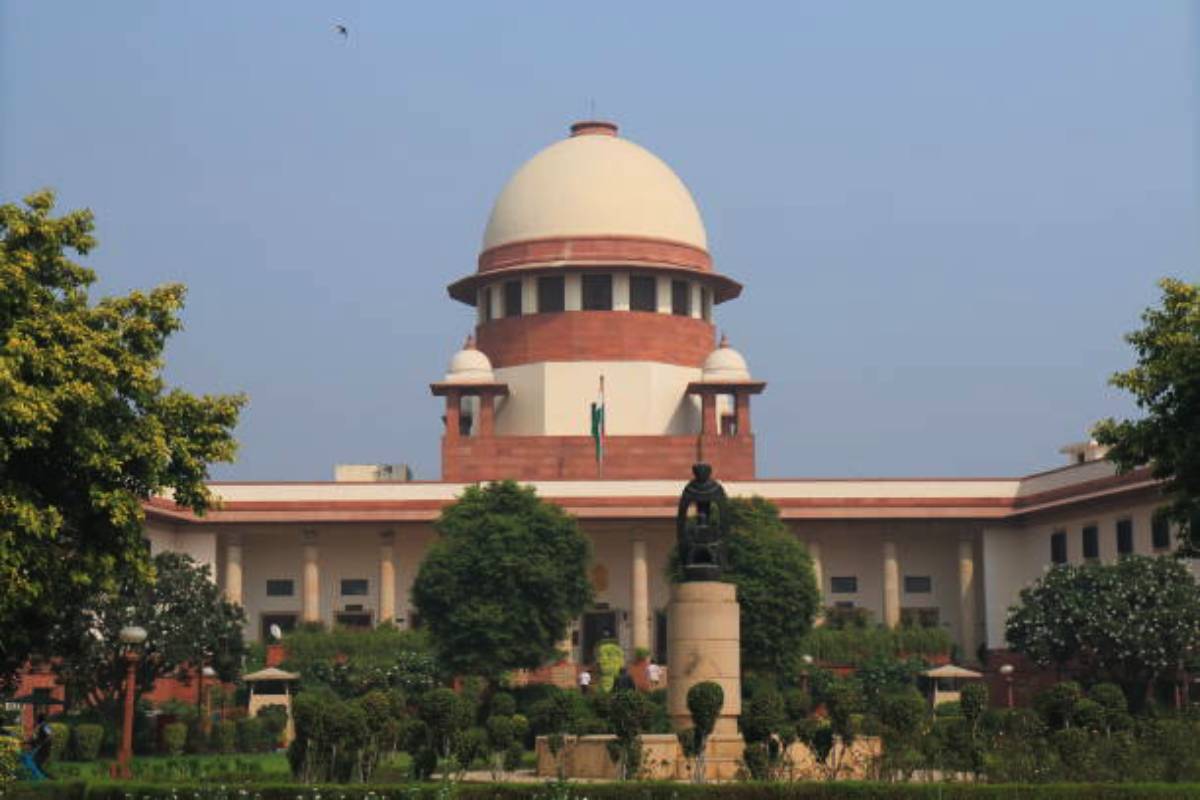Constitutional Whispers
There are several troubling aspects to the Apex Court’s interventions in the R G Kar case, argues Debarshi Chakraborty.
The top court said such laws have great potential of being abused and misused.

File Photo: Supreme Court of India
Terming the preventive detention laws in India a colonial legacy with great potential of being abused and misused, the Supreme Court on Wednesday said such laws conferring arbitrary powers to the state must be used only in the “rarest of rare” cases.
“We find it important to note that preventive detention laws in India are a colonial legacy, and have a great potential to be abused and misused,” said a bench of Justice Krishna Murari and Justice V Ramasubramanian in a recent judgment.
Pronouncing the judgment on April 10, Justice Krishna Murari said that the “detention laws in India…, are extremely powerful laws that have the ability to confer arbitrary power to the state.”
Advertisement
The top court further said that in cases of preventive detention, where the “detenue is held in arrest not for a crime he has committed, but for a potential crime he may commit, the courts must always give every benefit of doubt in favour of the detenue, and even the slightest of errors in procedural compliances must result in favour of the detenue.”
The court’s caution on the handling of the cases involving preventive detention laws came on an appeal by one Pramod Singla challenging November 3, 2022, Delhi High Court order refusing to quash his detention order on grounds of delay in considering his representation.
Pramod Singla was detained in the wake of an intelligence report that said that a syndicate comprising of certain Chinese, Taiwanese, and South Korean nationals in association with some Indian nationals were in the practice of smuggling gold into India through Air Cargo by concealing gold in transformers of electroplating/ reworking machines etc.
Having highlighted the possibility of abuse and misuse of preventive detention laws, the top court in its judgment said that “Every procedural rigidity, must be followed in entirety by the Government in cases of preventive detention, and every lapse in procedure must give rise to a benefit to the case of the detenue.”
In such a situation, where there is a possibility of an “unfettered discretion of power by the government”, this Court must analyze cases arising from such laws with “extreme caution and excruciating detail, to ensure that there are checks and balances on the power of the Government.”
It further said that the courts, in circumstances of preventive detention, are conferred with the “duty that has been given the utmost importance by the Constitution, which is the protection of individual and civil liberties.”
This act of protecting civil liberties, the top court said is “not just the saving of rights of individuals in person and the society at large, but is also an act of preserving our Constitutional ethos, which is a product of a series of struggles against the arbitrary power of the British state.”
Having said this, the court noted that Pramod Singla has already been released on grounds of expiry of the detention period. However, for the sake of clarity on the point of law, the court held that the impugned detention order is liable to be set aside, and allowed the appeal against the High Court order.
Advertisement